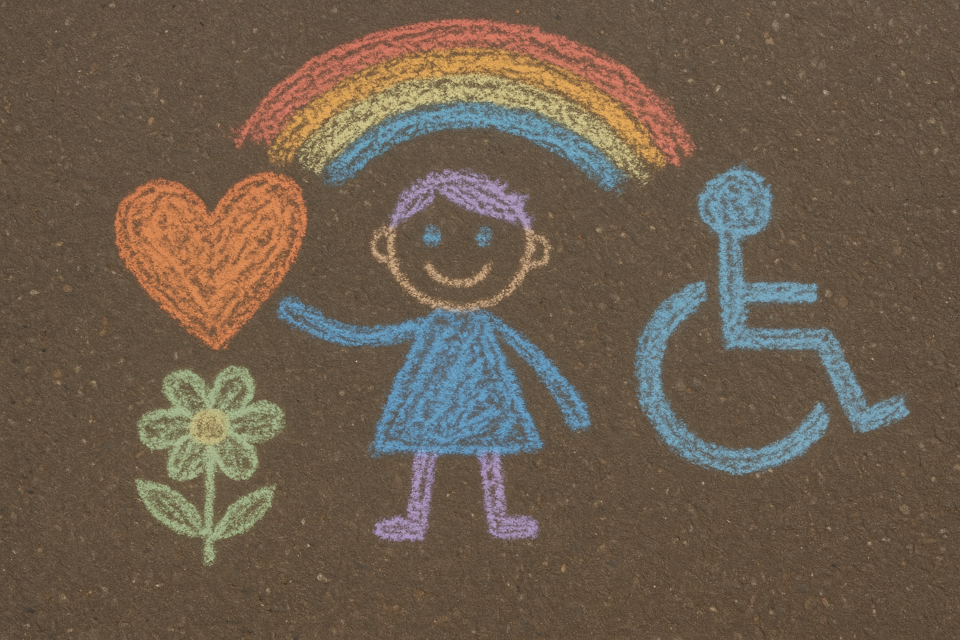Introduction to Special Education
Empowering Educators to Illuminate Every Path
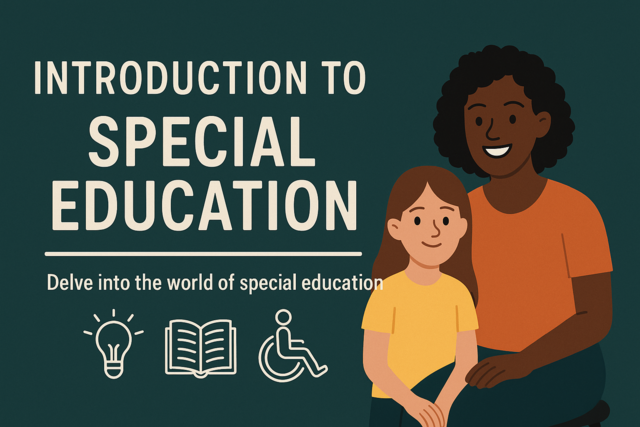
11 Hours average completion time
1.1 CEUs
20 Lessons
25 Exams & Assignments
133 Discussions
20 Videos
64 Reference Files
122 Articles
Mobile Friendly
Last Updated January 2026
Dive into the world of Special Education with a course that champions not just the teaching methodologies but also the ethos of respect and empowerment that this field signifies. Special Education 101 seeks to dispel the myths surrounding disabilities, emphasizing the capabilities and potential inherent in every individual, rather than focusing on limitations.
Why is special education pivotal? Why, in a nation pledged to equal opportunities for all, is there a pressing need to ensure these rights for students with disabilities? Discover the transformative and revolutionary ideals underpinning special education. While the ideals are robust, the execution often lacks; this course delves deep into bridging that chasm.
The realm of special education in the U.S., despite its recent origin, has undergone momentous evolution. Celebrate its unique dynamism: where no two days are alike, and each student's journey is unparalleled. As highlighted by eminent scholars Douglas and Lynn Fuchs, special education stands distinct, enriched by its specialized resources, research-backed methodologies, and the accent on tailored instruction.
The course unfolds in three enlightening sections:
- Delving into Disability: Traversing through history, from ancient civilizations to the contemporary era, understand the 13 categories of disability and acquaint yourself with the spectrum of gifted and talented students.
- Foundations of Special Education Services: Decipher the legal framework underpinning special education, unraveling the services mandated by law. Adopt a holistic view, starting with interventions for infants to the crucial transition from high school to adult life.
- Mastering Teaching Techniques: Immerse yourself in the nuances of teaching core subjects, addressing challenging behaviors, harnessing assistive technology, and exploring the realm of accommodations and modifications.
Perfect for educators looking to refresh their pedagogical toolkit, support staff wishing to delve deeper, and parents eager to advocate ardently for their child's rights. This course eliminates the constraints of geography and rigid timelines. Engage, learn, and evolve at your own pace. Propel forward in your quest for inclusive, compassionate, and effective education. Join us and be part of the movement advocating for true educational equity!
Notes:
1. In the lessons in this course, you will see the term "the student" referred to frequently. Rather than saying "he or she" each time, some lessons will say "he" and some will say "she."
2. You will also see the term "students with disabilities" used, although many educators in school settings use the term "special education students". Language is important and it is more respectful to recognize a person before the disability -- talking about what a person HAS (a disability) rather than what a person IS (special education student). When you use the phrase "student with..." (autism, cognitive impairment, learning disability, etc.), you are using person-first language, which is considered a best practice in the field of disability.
- Collaborative assessment and intervention
- Assistive technology integration
- IEP process and planning
- Disability awareness and advocacy skills
- Cultural responsiveness in education
- Parental involvement strategies
- Legal knowledge in special education
- Universal design application
- Inclusive teaching methodologies
- Foundations of literacy and numeracy instruction
- Behavior management techniques
-

Building Self-Esteem in Children
-

Introduction to Ethics
-

Building Self Esteem
-
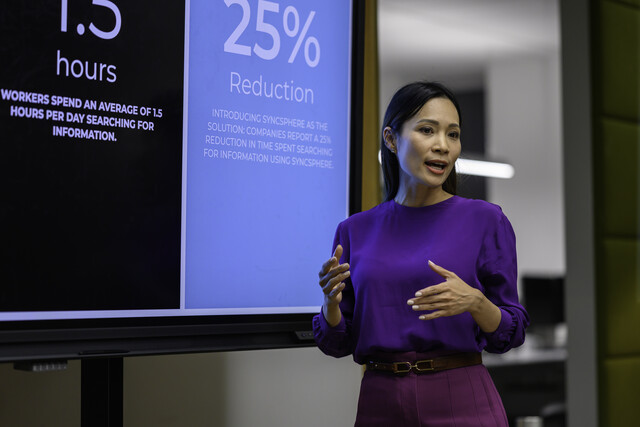
Motivational and Public Speaking
-

Crystal Reports
-

Medical Terminology 101
-

ABCs of Technical Writing
-

Business Management
-

First Grade Curriculum
-

Empowerment for Single Parents
-

Tex Mex Cooking 101
-
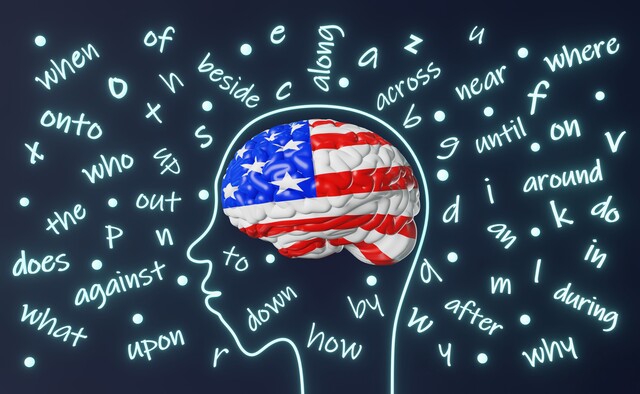
Teaching Grammar to ESL Students
-

How to Run an Effective Help Desk
-

Introduction to Child Psychology
-

Meditation Mastery: Learn How to Meditate
-

HR Compensation and Benefits
-
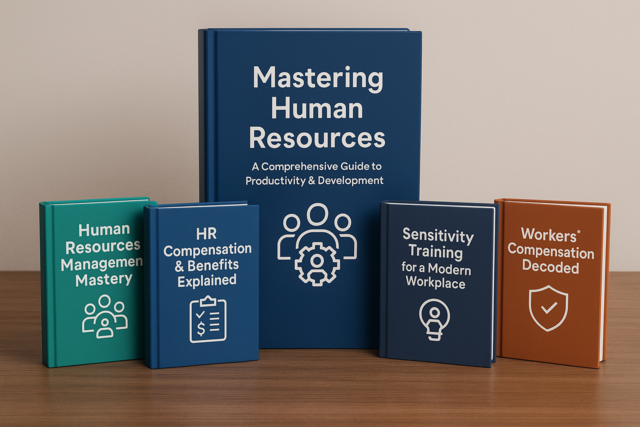
Human Resources Productivity Course Bundle
-

Early Childhood Development
-

How to Read Body Language
-

Depression Management
-
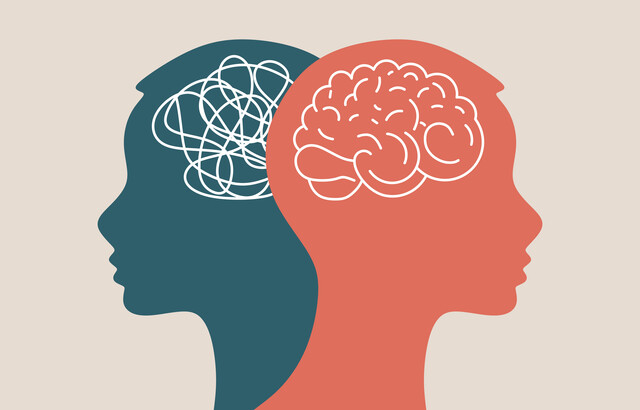
Psychology 101
-

Investing 201: Intro to Commodity, Options, and Futures Markets
-

Candle Making
-
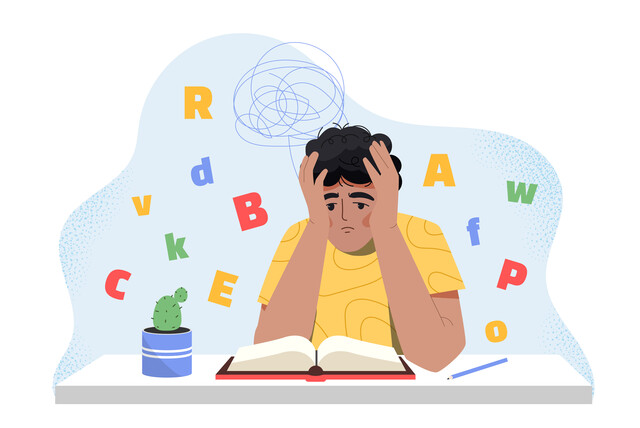
Learning Disabilities
-

Memory and Concentration Techniques
